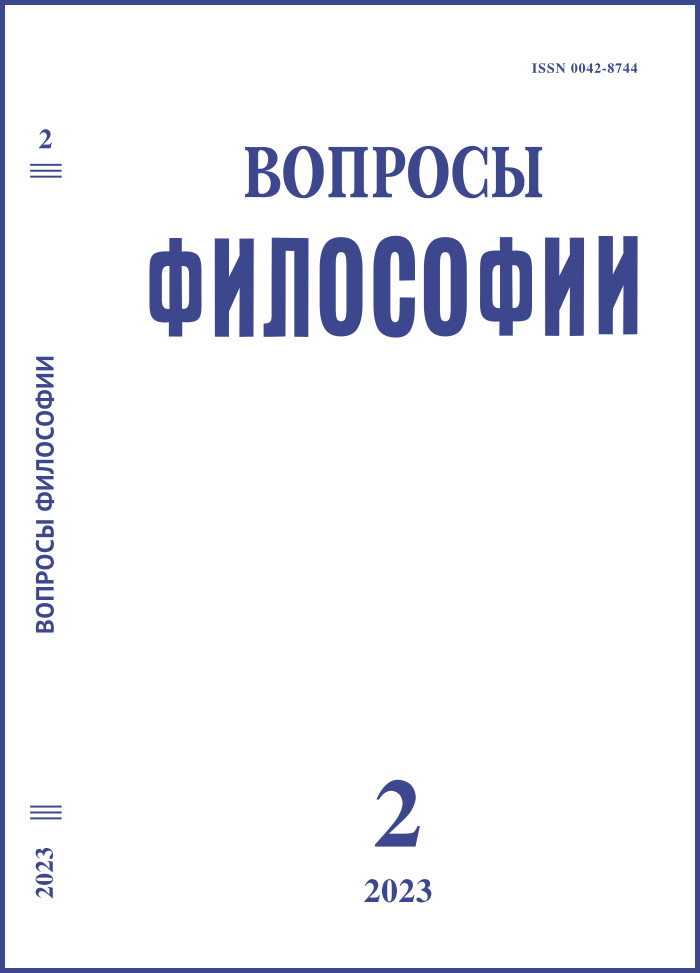Dawkins, Morality, and Religion Part II. The Trolley Problem
DOI:
https://doi.org/10.21146/0042-8744-2023-2-98-110Keywords:
new atheism, evolutionary ethics, utilitarianism, Christian anthropology, unity of human nature.Abstract
In an effort to substantiate the fundamental areligiosity of morality and the amorality of religion, Richard Dawkins develops the argument from a universal moral ability that has evolutionary genesis and is therefore inherent in people, regardless of their religious beliefs. In his book The God Delusion (2006), he uses the results of a thought experiment conducted by M. Hauser and P. Singer, who were the first to put forward this argument, claiming that their test did not reveal noticeable differences in the moral modus cogitandi of believers and atheists. The aim of the article is to give a critical analysis of that argument as based on a false presumption. It is reduced to opposition: either morality has arisen in the course of natural evolution, and then religion has nothing to do with it – or morality has been the supernatural gift of God, and then evolution has nothing to do with it. The author proves that the results of the experiment do not give grounds for the ideological conclusions that those advocates of atheism build on them.

